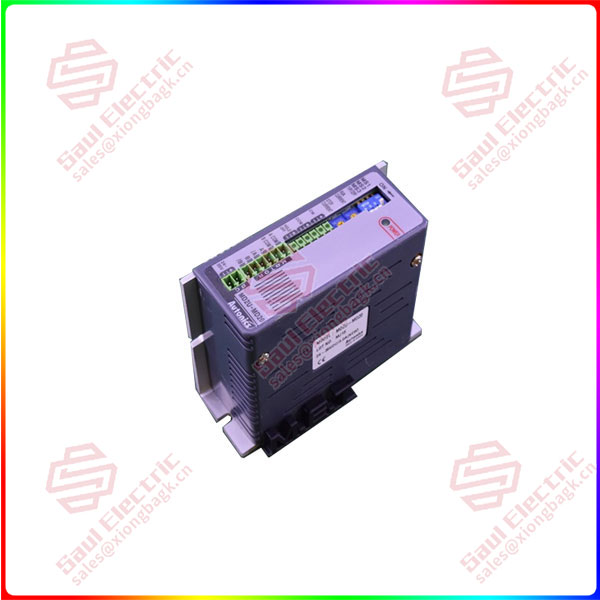April 22-26, Festival Card Robot (Booth No. : Hall 5 ·F38) with the theme of “Collaboration without boundaries, intelligent global manufacturing”, the first exhibition of JAKA Zu 20 new products, as well as the new application of SRCI (Standard Robot Command Interface) standard debuted at Hannover MESse (hereinafter referred to as Hannover MESSE), And with OnRobot, Schweiger, OrbitalService, Nexos, Theilinger and other “JAKA+ ecosystem” partners to bring palletizing, loading and unloading, welding and other typical industrial scene solutions. To show the world the global layout and practice of the self-adjustment of the robot and industrial automation. On the first day of the exhibition, the festival card robot highlighted constantly and was interviewed by the CCTV column group.
First in China, first in the world
TSIO-1001 Hard and soft resonance enables a sustainable industrial future
Back in 2022, the Festival card robot debuted at Hannover MESse. Within two years, from cooperation to independent exhibition, from 4 sets to super 10+ applications, super 10+ joint exhibition enterprises, and the first domestic collaborative robot enterprises that have officially obtained SRCI certification, the participation of card robots in the world’s top industrial exhibitions continues to increase, which is inseparable from the confidence and confidence in their own core technology innovation and research and development.
At this exhibition, the JAKA Zu 20 new product displayed by the festival card robot is an expansion of the festival card family and a new benchmark of 20KG collaborative robots forged with extraordinary quality. Maximum end speed 3m/s, rapid deployment in 10 minutes, 1780mm long arm span, ±0.05mm repeated positioning accuracy…… Under the same load level, the JAKA Zu 20 upgrades the safety protection, motion control and joint matching technology to provide the extremely safe, lean and agile operation experience for high-demand scenarios such as palletizing, handling and loading and unloading, casting the “perfect hexagon warrior” with TOP technical strength, reducing raw material consumption and product maintenance costs, and helping enterprises to achieve efficient and low-consumption production.

TSIO-1001
“The launch of the JAKA Zu 20 marks yet another iteration of the Yuka Robot Zu series. JAKA Zu 20 is a product with comprehensive performance and core competitive advantage created in response to market demand, so that customers can use it more efficient, more comprehensive and more worrying. The appearance of the JAKA Zu 20 shows the determination of the card robot to promote automation upgrading with customer needs as the center and scientific and technological innovation as the source.”
TSIO-1001 — Zhu Chunxiao, Product Director of Jieka Robot
The international strong chain has been expanded, and Siemens officially announced that the section card Robot has become the first collaborative robot manufacturer in China to obtain the SRCI (Standard Robot Command Interface) certification. This exhibition shows the application of SRCI for automotive large parts coating, easy to operate, efficient and fast. SRCI is the new standard for PLC-controlled robots that Siemens has led to define, and this interface allows the robot to be programmed and controlled directly in the PLC. In view of the current international head of new energy, automotive and other manufacturers of automated production lines are usually achieved with PLC, the card saving robot is suitable for SRCI standards, which means that it is integrated into the supply chain system of international head industrial users, which can create faster integration, higher ease of use, lower cost of use, more space-saving data storage, and the high value of a wider range of application functions for global customers. The exhibition of such cooperation solutions with industry foresight and standardized development on the international stage also reflects the achievements of card robots in building an open ecosystem and promoting industry technology sharing, adding more certainty to the long-term global development of card robots.
Globalization =N times localization
The industrial ecology varies from place to place, and every globalization needs to be realized through localization again and again. Product quality, stable supply ability and mature program experience are the “stepping stone” for the robot to continuously break into well-known customers at home and abroad. On the basis of mastering the core technology, the robot cooperates with the upstream and downstream ecological partners of the local industrial chain to create solutions that meet the needs of local customers and industrial systems. In this exhibition, the section card robot with OnRobot, Schweiger, OrbitalService, Nexos, Theilinger and other local integrators, parts suppliers presented automatic loading and unloading, TIG welding application, education training box and other applications. Safe and flexible, fast deployment, stable operation of collaborative robots attracted the attention of many exhibitors.
The essence of the robot is technology, which needs to constantly ask itself according to the customer industry, time and other dimensions, and the author of the answer is the future market. We adhere to the talent concept of “global people do global things”, establish branches and service teams in Germany, Japan, the United States, Malaysia and other places, cooperate at home and abroad to ensure timely response to global customer needs, and push product iteration backward with real feedback from frontline customers. “We saw a need from our European customers and partners for higher and more payload capacity for our cobots, so we reported back to our Shanghai R&D team and were delighted to learn that our Chinese customers had the same demand,” said Wolfgang Lienke, Regional Head of Europe for Stanka Robots.
In the future, Jieka Robot will continue to change and enterprising heart, in the process of breaking new ground, continue to break through the technical barriers of collaborative robots, drive the innovation and development of the industrial ecosystem, provide more efficient and sustainable services to global customers, build long-term competitive advantages for global industrial enterprises, and create a sustainable future for industry.
 1 Year Warranty
1 Year Warranty





